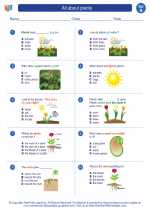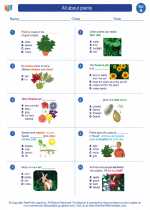Glaciation
Glaciation refers to the process of the formation, advancement, and recession of glaciers. It is a natural phenomenon that has occurred multiple times throughout Earth's history, shaping the landscape and influencing the climate.
Causes of Glaciation
Glaciation is primarily caused by changes in the Earth's orbit and tilt, which affect the amount and distribution of solar energy received by the Earth's surface. These changes, known as Milankovitch cycles, can lead to periods of cooling and the accumulation of snow and ice, ultimately forming glaciers.
Effects of Glaciation
Glaciation has profound effects on the environment, including the carving of valleys and the formation of lakes, moraines, and other landforms. It also impacts global sea levels and can influence regional climates.
Study Guide for Glaciation
- What is glaciation?
- What are the primary causes of glaciation?
- What effects does glaciation have on the environment?
- How does glaciation influence global sea levels?
- Discuss the role of Milankovitch cycles in glaciation.
Understanding the process of glaciation and its impacts is essential for comprehending Earth's geological history and the factors that shape our planet's surface.
[Glaciation] Related Worksheets and Study Guides:
.◂Science Worksheets and Study Guides First Grade. All about plants

 Worksheet/Answer key
Worksheet/Answer key
 Worksheet/Answer key
Worksheet/Answer key
 Worksheet/Answer key
Worksheet/Answer key
 Vocabulary/Answer key
Vocabulary/Answer key
